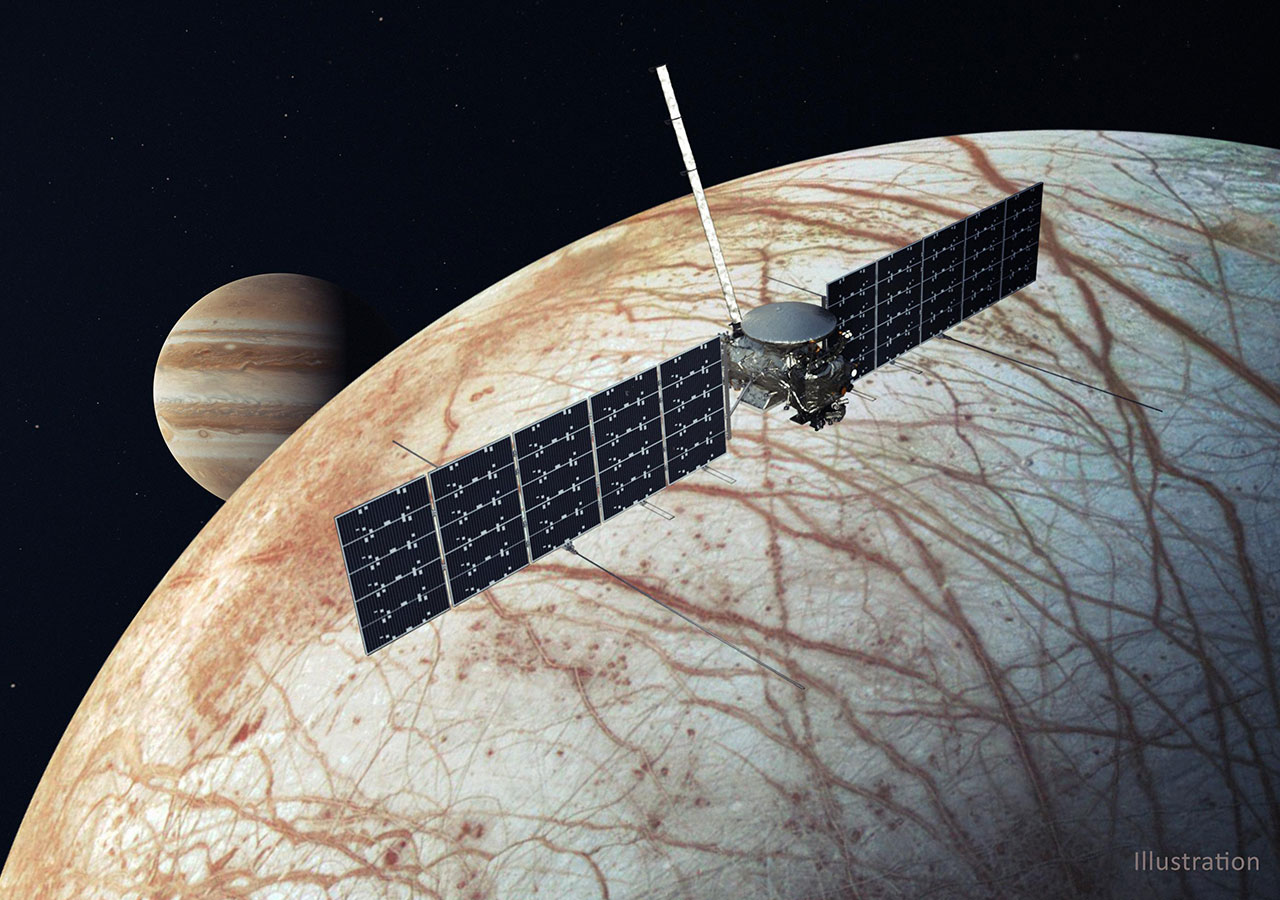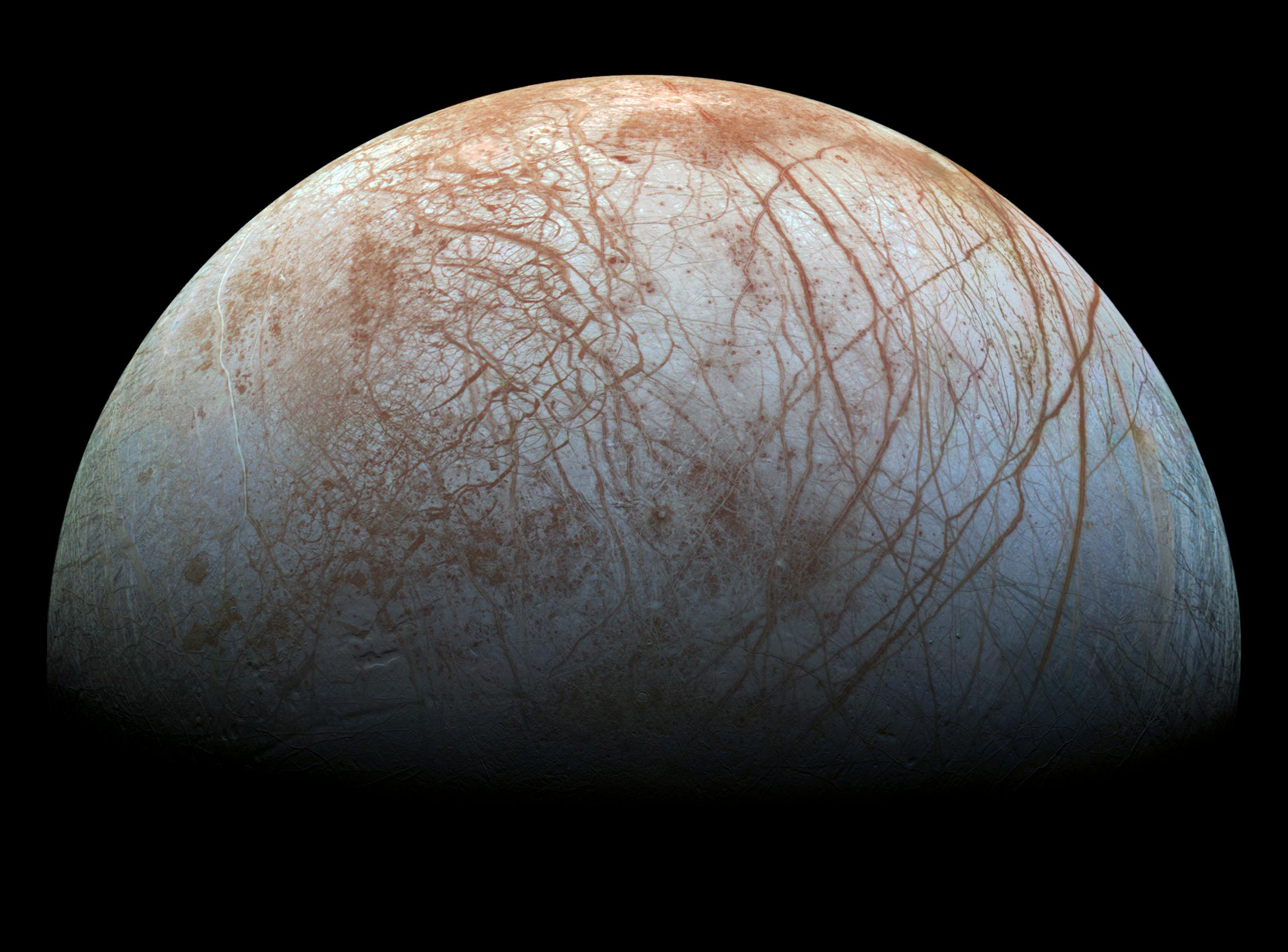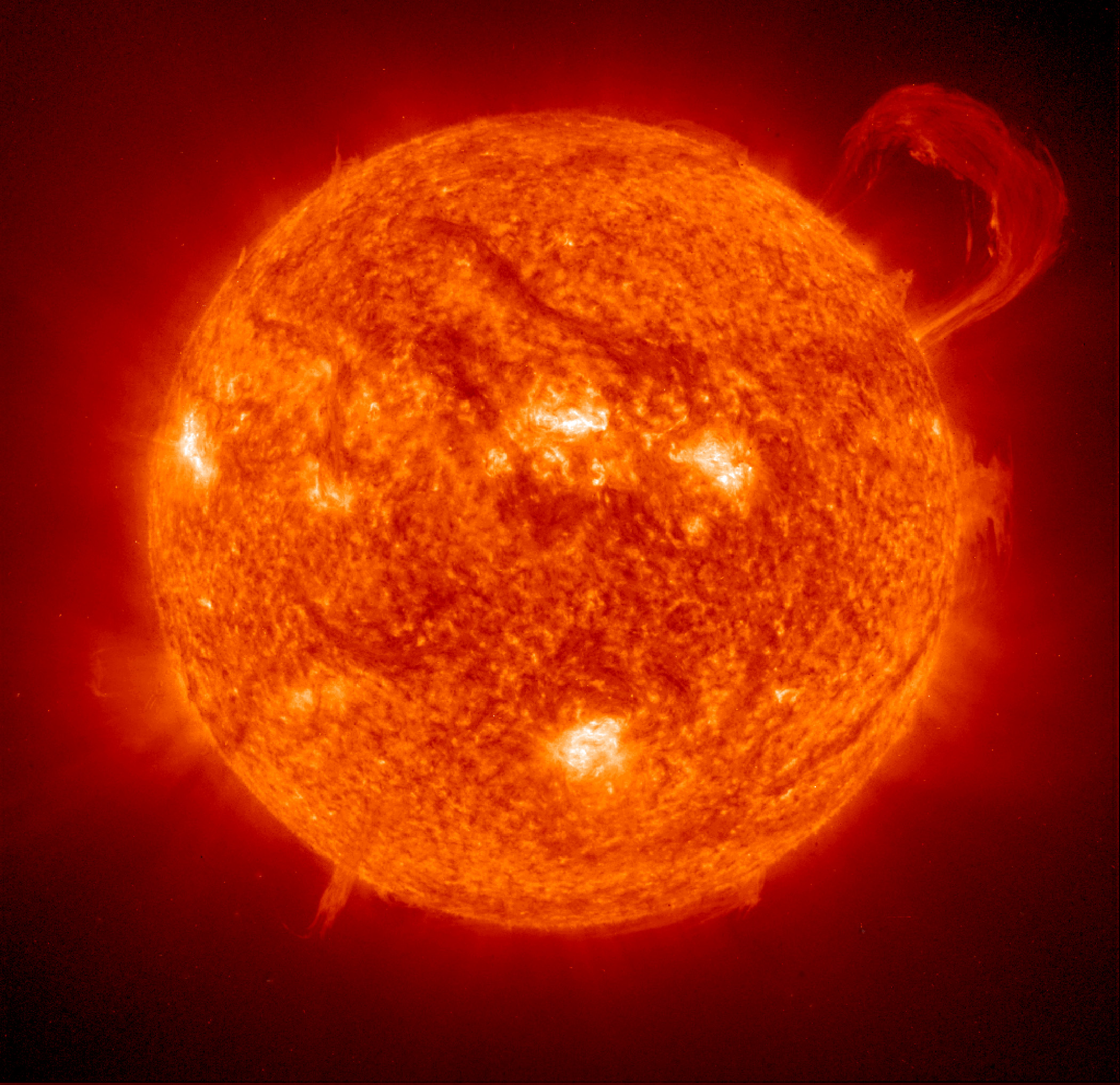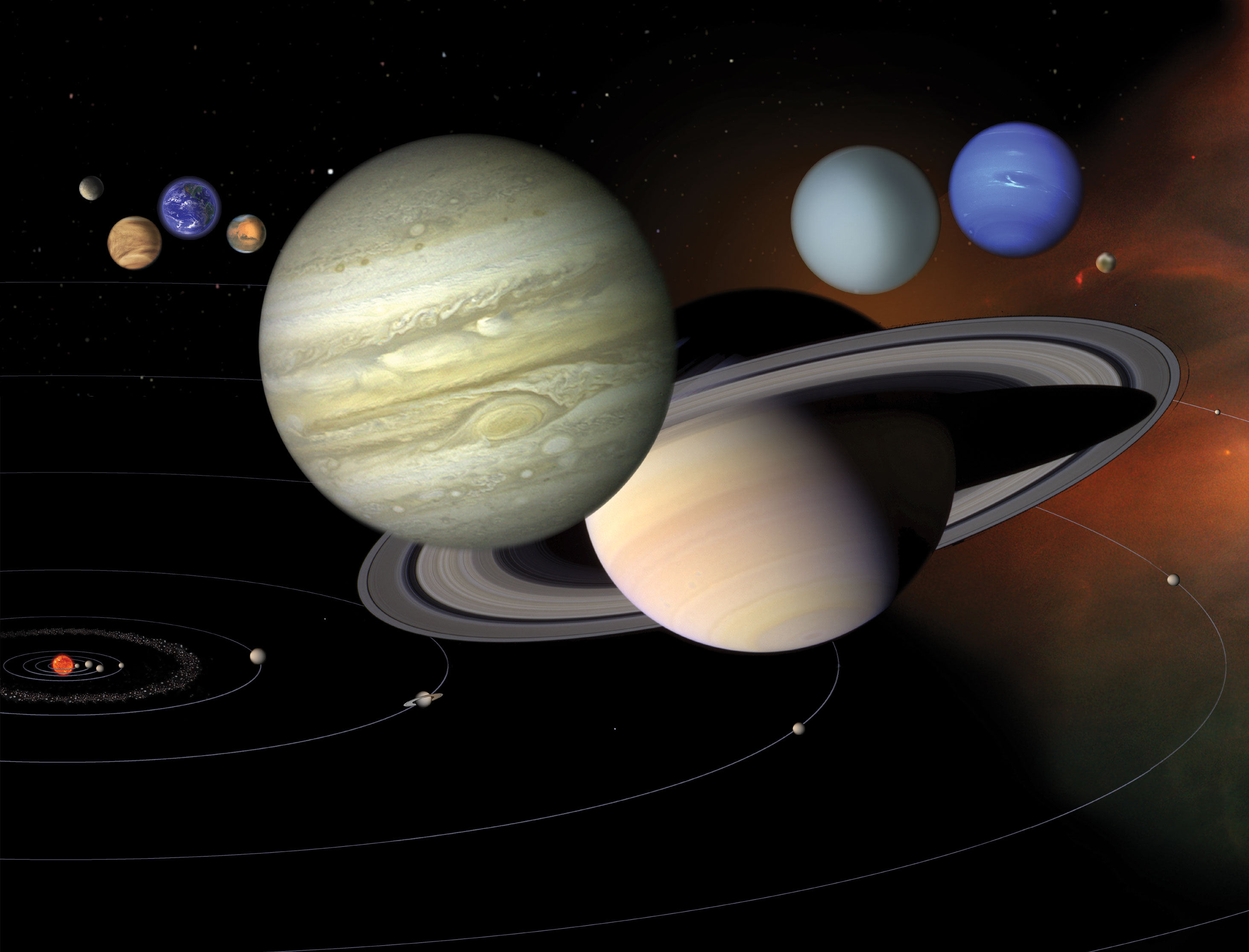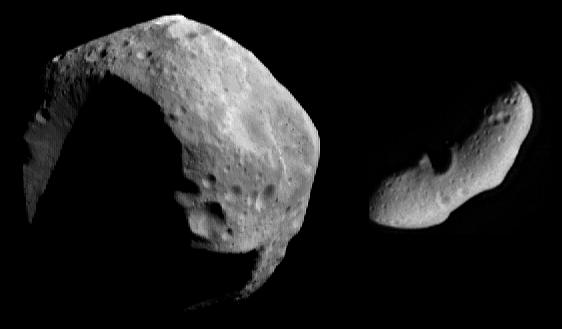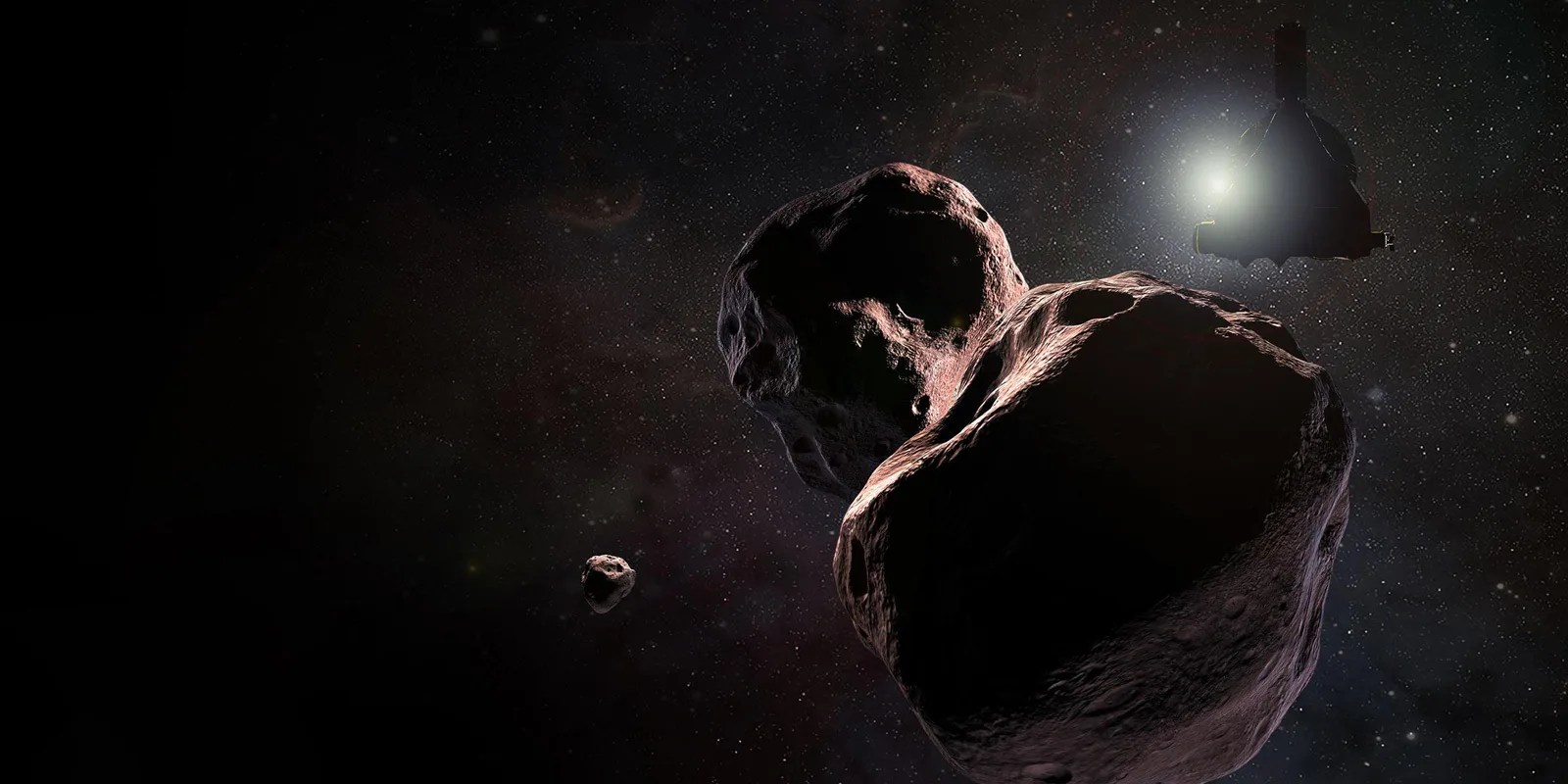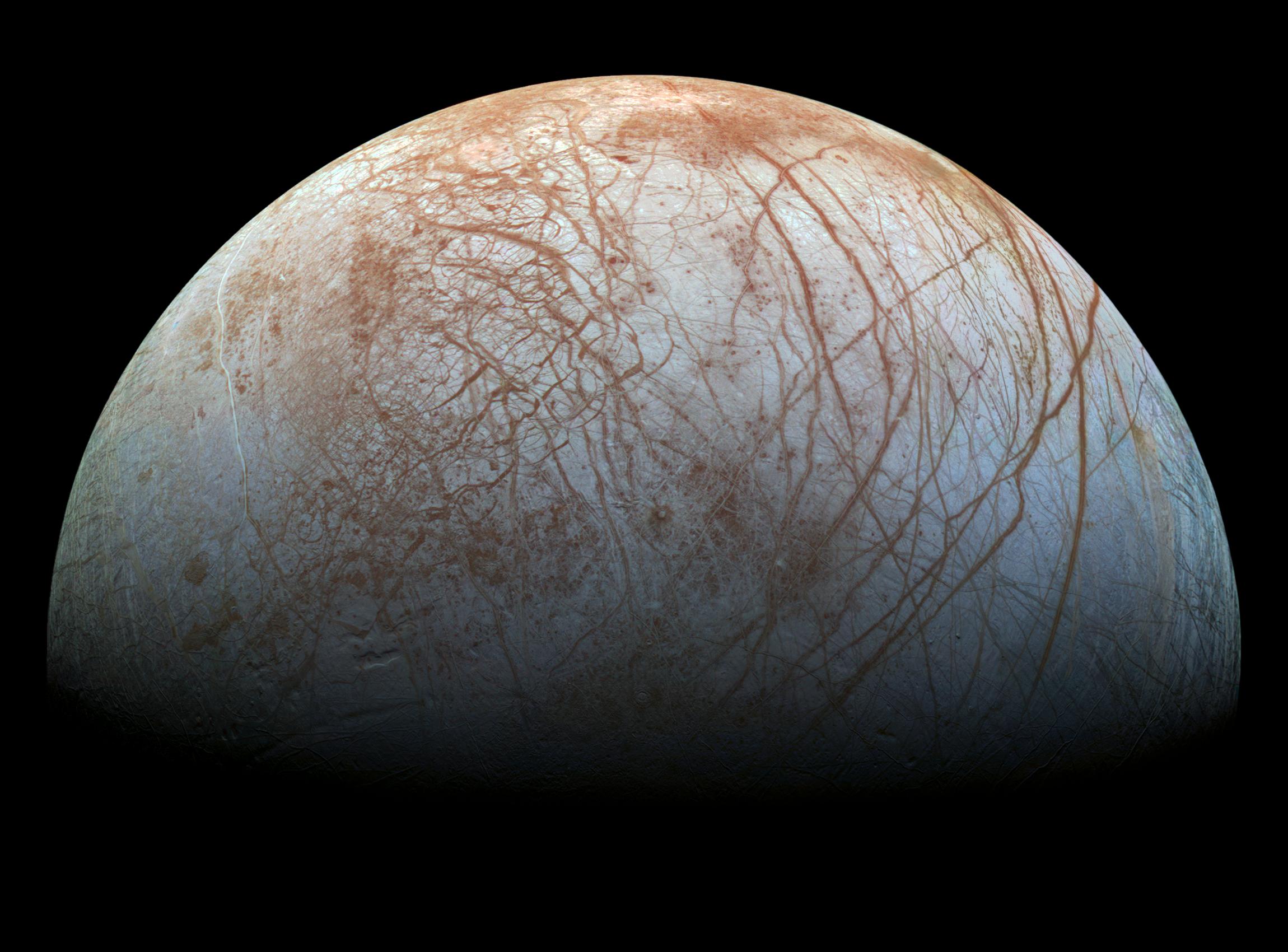
Europa
There is strong evidence Jupiter's moon Europa has a saltwater ocean that may be one of the best places to look for environments where life could exist beyond Earth.
Europa Overview
Europa is the fourth largest of Jupiter’s 95 moons. It's the sixth-closest moon to the planet. Europa and Jupiter’s three other largest moons – Io, Ganymede, and Callisto – were the first moons discovered beyond Earth. They are called the Galilean moons after Italian astronomer Galileo Galilei, who first observed them with a homemade telescope in January 1610.
Europa is primarily made of silicate rock and has a water-ice crust and probably an iron-nickel core. It has a very thin atmosphere, composed primarily of oxygen. Cracks and streaks striate its surface, but craters are relatively few. Scientists are almost certain that hidden beneath the icy surface of Europa is a saltwater ocean with about twice as much water as Earth’s global ocean.
Europa may be one of the most promising places in our solar system to find present-day environments suitable for some form of life beyond Earth. Scientists believe a saltwater ocean lies beneath its icy shell, holding twice as much water as Earth's global ocean. It also may have the chemical elements that are key ingredients to life. NASA is launching its Europa Clipper spacecraft on Oct. 10 2024, to determine whether there are places below Europa's surface that could support life. The spacecraft is scheduled to arrive at Europa in 2030.
Pop Culture
- Europa has been featured in short stories, comics, and novels, with perhaps the best known being the Arthur C. Clarke novel “2010: Odyssey Two,” which was also adapted for film.
- In “The Expanse” television series (2015–2022), people live and grow food on Europa.
- At least two “Star Trek” federation starships were named for Europa, and in “Star Trek: Picard” a mission to Europa helped save Earth.
- Europa was the setting for the 2013 film “Europa Report,” and it was featured in an episode of the animated television show “Futurama.”
- The moon has also been the setting or subject of several video games, including “Call of Duty: Infinite Warfare” and “Galaga: Destination Earth.”

